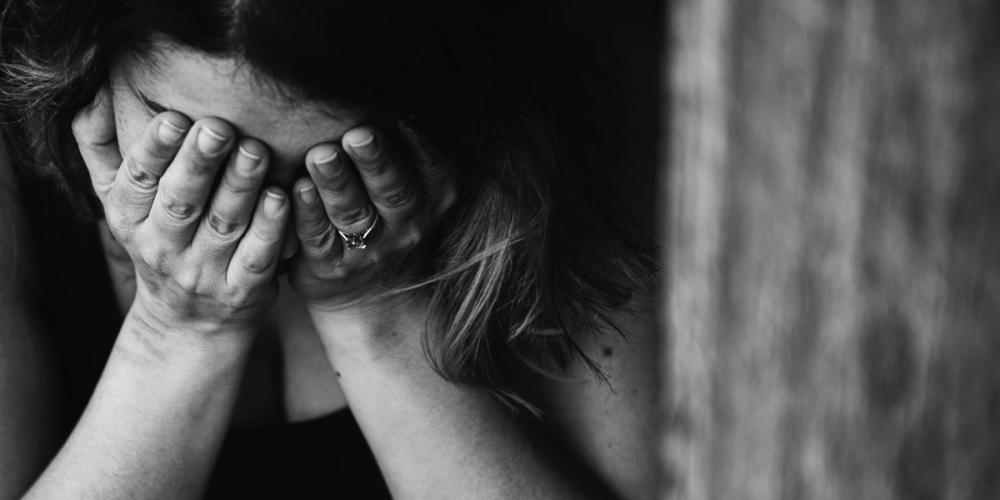
VUB research shows connections between grief and poverty
People in poverty often experience a mixture of losses. However, scientific literature studying loss and grief in relation to poverty appears to be virtually non-existent. With her doctoral research, Karen Puttemans of VUB’s Faculty of Psychology and Educational Sciences wants to fill this gap. Puttemans: “I asked people living in poverty and social workers if and how they thought poverty, loss and grief interact. In their responses, many emphasised the strong interconnectedness of these phenomena. But because poverty is often de
For her research, which was supervised by Prof Dr Caroline Andries and Prof Dr Veerle Soyez, Puttemans conducted a broad literature review. She also worked for years at Straatdoden, a collective that commemorates deceased homeless people in Brussels, and two associations advocating for people living in poverty. Being at the organisations on a daily basis laid a foundation of trust from which to start a dialogue on the subject. Puttemans: “We organised interviews and group discussions, I kept track of observations, and some people in poverty wrote down their life stories or collected newspaper clippings about the topic.” The research was conducted from a constructionist view of knowledge. Puttemans: “This means scientific research, social work and life experience are considered to be three different but equivalent sources of knowledge, which complement each other. From their specific positions, people in poverty, social workers and researchers all have important insights into the problems of poverty and loss. If they share these insights with each other, this can lead to new perspectives and fruitful collaborations.”
Poverty restricts grieving processes
One of the ways poverty is described in the study is as a curtailment of grief. The grieving process is dictated by problems associated with poverty rather than mourners feeling able and free to do what they need to do at any given time. Several participants in poverty spoke of not feeling allowed to grieve, as grief only threatens to bring more loss.
Puttemans’ research raises the question of whether the experience of deep stigma should also be considered an existential experience of loss. Puttemans: “Despite years of activism by, for instance, Straatdoden, even today people in poverty are sometimes buried in conditions that show no respect. For survivors, this is often just one more confirmation of their experience of not being recognised as human by others. The pain they feel is sometimes very difficult to put into words.”
Sharing insights, strengthening each other
The PhD is composed of nine chapters in which views from participants are clustered and explored in depth. An important insight from the research is that expertise on mourning can be used to increase insights into the psychological impact of poverty. Puttemans: “In this way, people in poverty can gain recognition for grief that stems from poverty but is not currently acknowledged as such.” Conversely, collaboration with poverty experts can stimulate the grief field to broaden its focus to more complex loss situations. And that expertise is certainly to be found among people who experience the problem on a daily basis. Puttemans: “Doing a PhD is sometimes about persevering. Fortunately, in recent years several people living in poverty have shown me what endurance means. Their commitment and wit, their humour, and their ability to always find new energy, have been a great source of inspiration for me.”
lineated as low income, and grief only as a consequence of loss through death, this interconnectedness remains largely out of focus.” Her research has now also appeared in book form, “Living in Poverty is Living with Loss: An investigation of contextually situated knowledge about connections between loss, grief and poverty”.